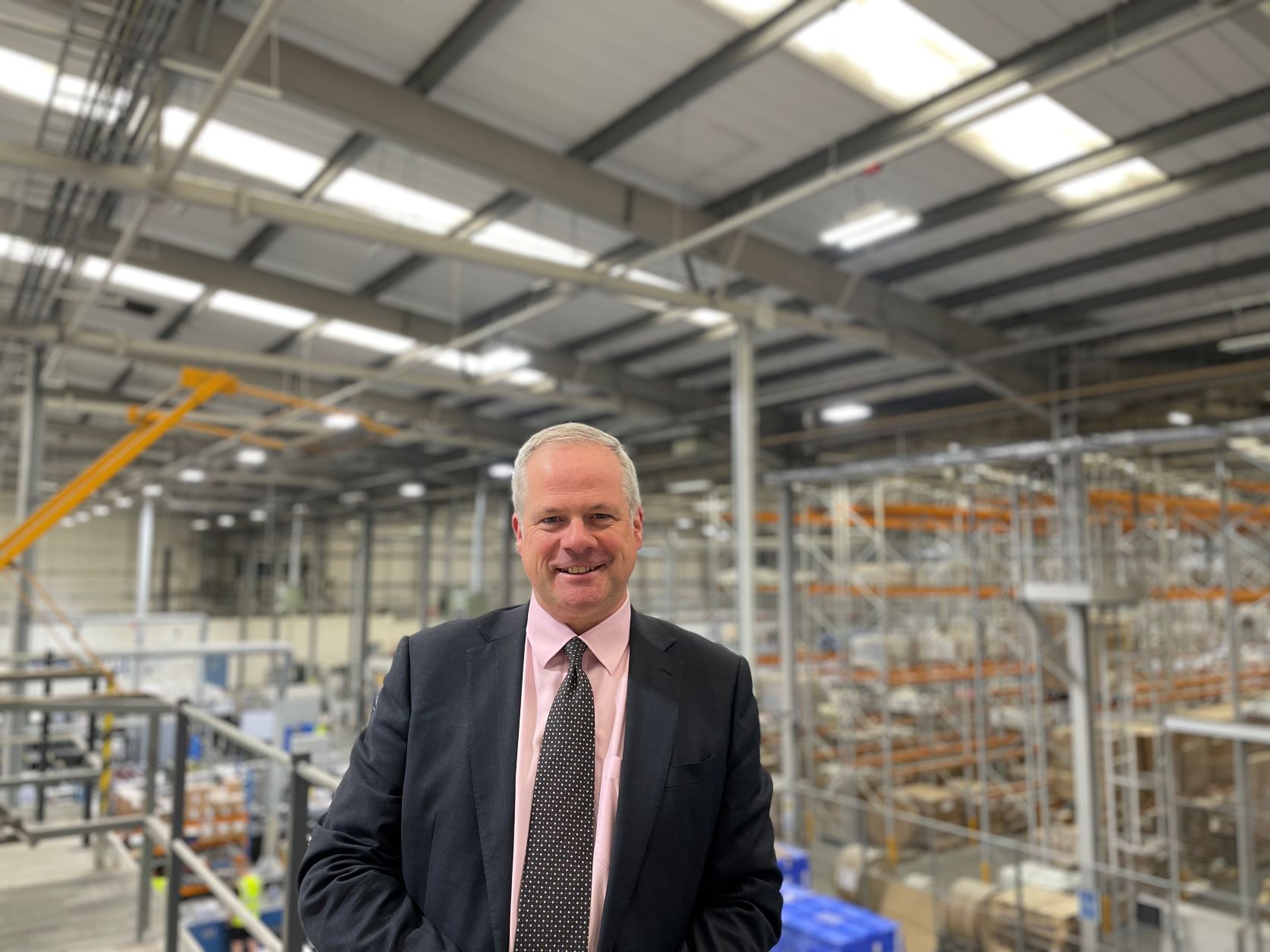Calculating the carbon footprint of supply chains is for instance in the EU a legal requirement from 2023. The problem: manufacturers, suppliers, freight forwarders and other service providers involved have no or insufficient insight into the associated data. GRYN provides transparency here with its open platform based on artificial intelligence. GRYN is launching a network that allows all players in the logistics market to analyse the CO2 emissions for which they are responsible.
GRYN offers a one-stop solution that is open to all sides. In the network, manufacturers and shippers, shipping companies, airlines, parcel service providers and other partners can link their parameters via interfaces (APIs). With its AI platform, GRYN generates high-quality supply chain and sustainability data from this and provides reportings. This way, suppliers and carriers finally gain insight into the data and automated data management. Thanks to global benchmarks and suggestions for improvement, companies can systematically reduce their CO2 emissions.
The EU regulation, which will be in place from 2023, applies to companies with 250 or more employees and thus to 55,000 companies. The regulations and the GRYN solution come up against a highly fragmented and inefficient €350bn market with structural deficits; especially technologically:
The top five haulers in the EU (road) represent less than 5% of the market
- 50% of trucks drive half-empty (EU)
- 33% of truck journeys take place empty (EU)
- 400,000 companies registered in the EU own only ten or fewer trucks
GRYN founder and CEO Oliver Ritzmann (pictured) has been active in the logistics sector for a long time. Sustainability is close to his heart. Within the competition, he sees GRYN in pole position. On the start in the European market, he says: “We connect manufacturers and suppliers with forwarders and service providers in a unique technology. We see strong market opportunities in this, especially since the growth potential is enormous. Our goal is to become the world’s largest network for sustainable logistics.
“Something has to happen! After all, worldwide freight transport accounts for 8% of global CO2 emissions, and including logistics locations, the figure is as high as 11%. At the same time, transport demand is set to triple, which would double emissions by 2050. To ensure that this does not happen, GRYN offers its platform. With our automatic reports, the data and suggestions for improvement, forwarders and carriers become more efficient. Suppliers can thus digitally map the entire value chain. This not only reduces their CO2 emissions, but also makes them more competitive.”
GRYN is now launching its platform – and thus tackling the “proof of concept”. This PoC- phase is supported by two leading global companies. The goal is to welcome more than 6,000 members to gryn.ai by the end of the year. Large logistics companies that want to directly share emissions with all customers via gryn.ai to automate reporting are already on board for the launch of the platform.
Through GRYN Community data, GRYN will use artificial intelligence to anonymously aggregate GRYN Members in the next phase to achieve consolidation effects through network optimisation. Through mode switching, for example from road to rail, or load optimisation, CO2 can be saved to a considerable extent.
In addition, GRYN ZERO will be launched in late summer of this year to give all transport service providers and shippers the opportunity to offer CO2-neutral transports through offsetting. Here, too, GRYN is building on an innovative certificate chain and a carbon pricing standard in logistics.





